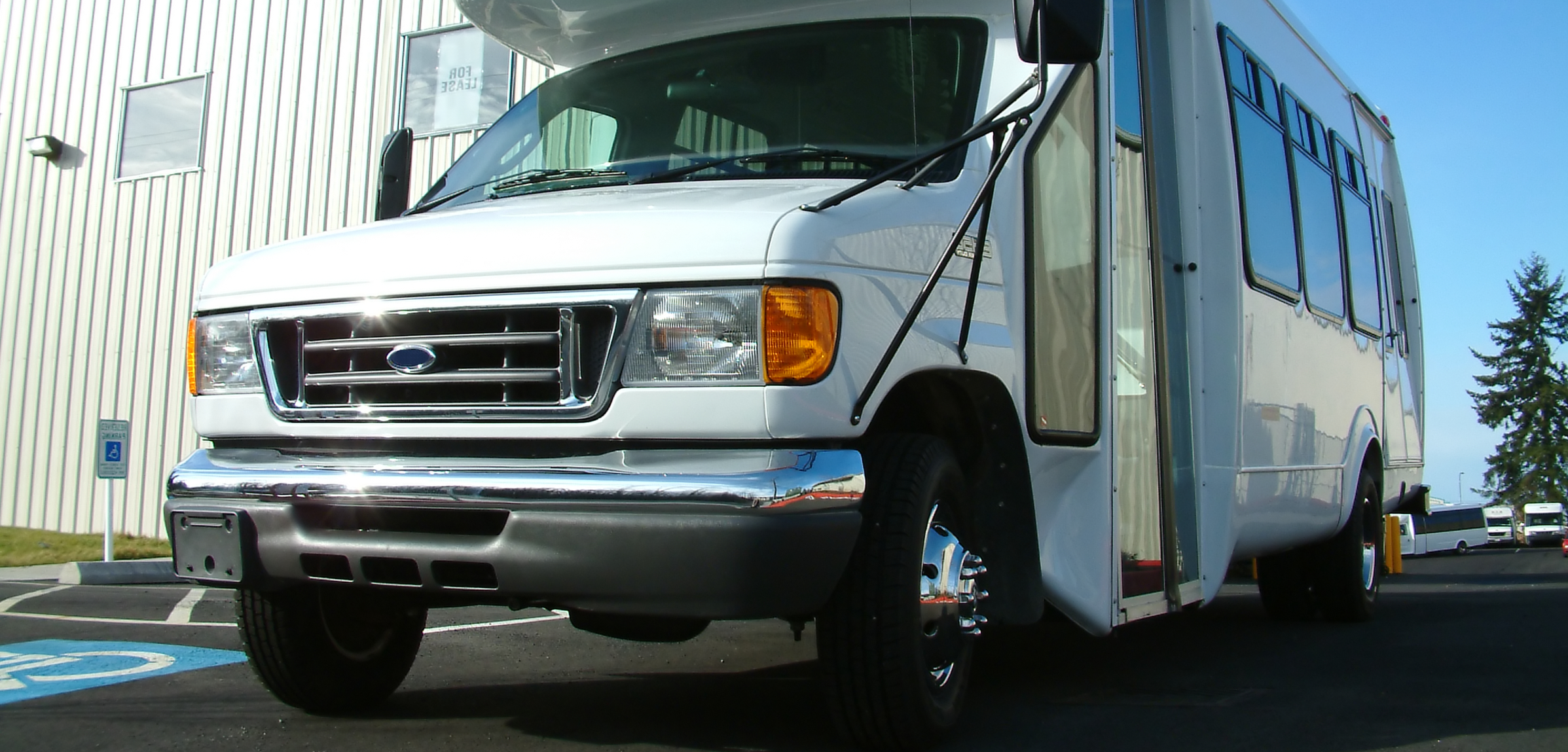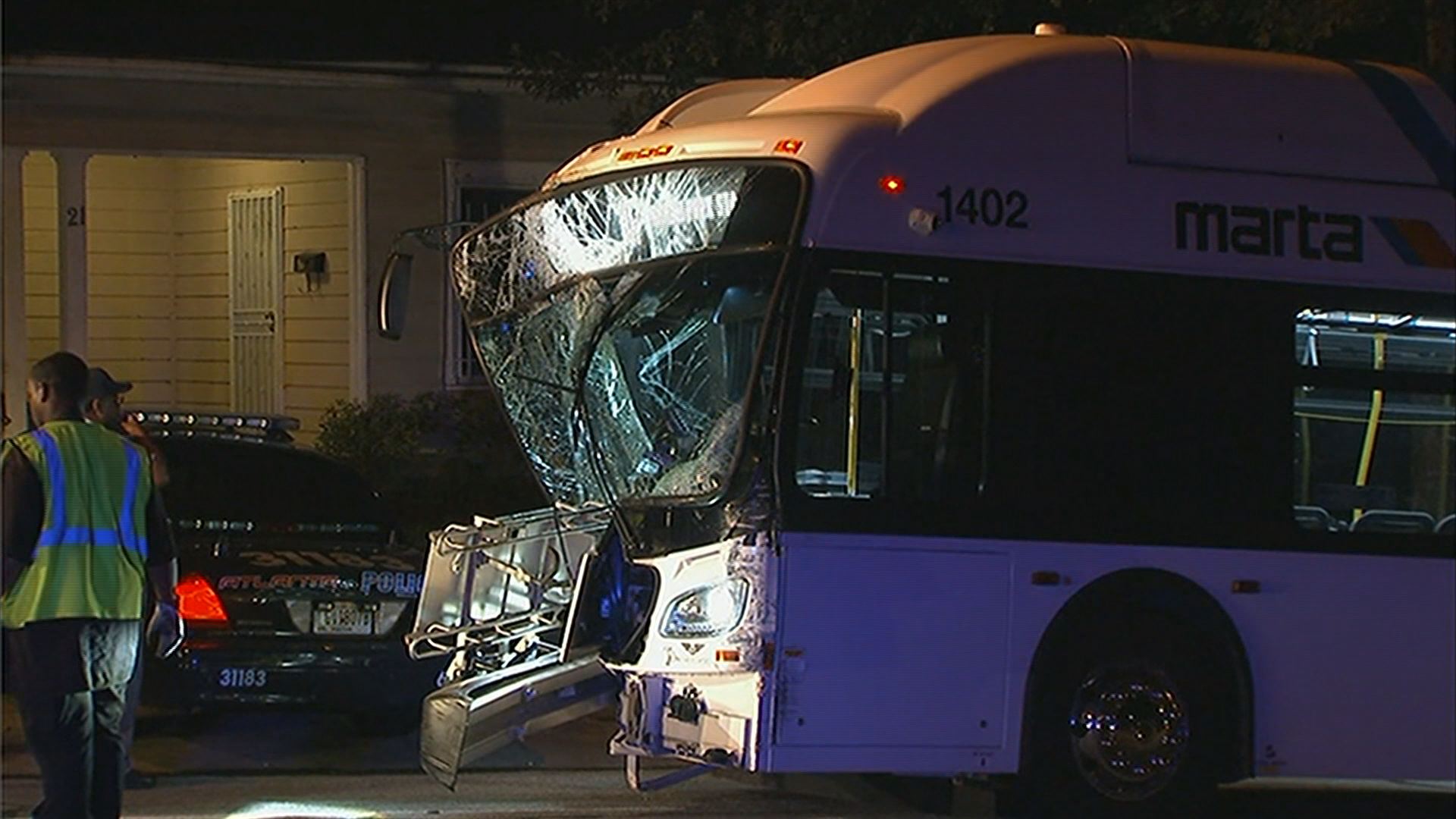

The issue is primarily accredited to a worker shortage. I do not feel safe waiting for the bus late at night, but I cannot consistently plan to be home at least three hours before sundown. I try not to pay attention to past incidents of shootings and other violence on the streets on which I am waiting, but it is hard to ignore. I am five foot two, and even with pepper spray, I cannot physically defend myself in the event that I am attacked. When buses do not show up when they are supposed to, I am left stranded at downtown bus stops - often not well lit - for hours on end. Between classes and extracurricular meetings, I often am unable to commute home from campus until after dark.

Outside of education and workplace disadvantages, my life itself has been put at risk. It is a dangerous oversight to allow the upper class to thrive in Atlanta while the roughly 500,000 passengers who ride MARTA buses weekly are severely impacted. Consistent transportation conflicts puts those, such as myself, who cannot afford to drive a car at a major disadvantage in their livelihoods. If I show up to work late more than six times per year, I will be fired. I cannot afford to regularly miss lectures or more severely, exams. But when I cannot predict when or if my primary means of transportation will arrive, my ability to get myself to class and to work diminishes. I understand staff shortages and feel the effects of them daily at my service job. There is also an alert system to know when routes are delayed or canceled, but again it is often erroneous. MARTA has an app that allows users to see bus scheduling and track the buses in real time, but it is incorrect so often that even when it is accurate, I cannot trust it. On a bad day, the bus simply does not show up. Still, allowing for the major MARTA delays attributed to the pandemic, I leave my house over an hour early to arrive on time. Depending on traffic, it is a roughly 15 to 20 minute drive. My commute to school is roughly three miles. MARTA has regularly endangered each of these aspects of my life. In comparison, New York ranks 7th and Los Angeles ranks 14th. Isolating the issue to one major topic, WalletHub ranks Atlanta’s public transit, the Metro Atlanta Rapid Transit Authority (MARTA), as 47th in the nation. Quite frankly, Atlanta is progressing on the backs of the working and middle class, and until it becomes accessible for everyone, this will hold the city back from success. The cultural epicenter of the Southeast, Atlanta is indeed evolving into a major hub for film companies, as well as major businesses for technology and other growing industries.īut Atlanta will never be the next LA or NYC. With substantial growth in both population and industry, Atlanta is said to be the next Los Angeles or New York City.


 0 kommentar(er)
0 kommentar(er)
